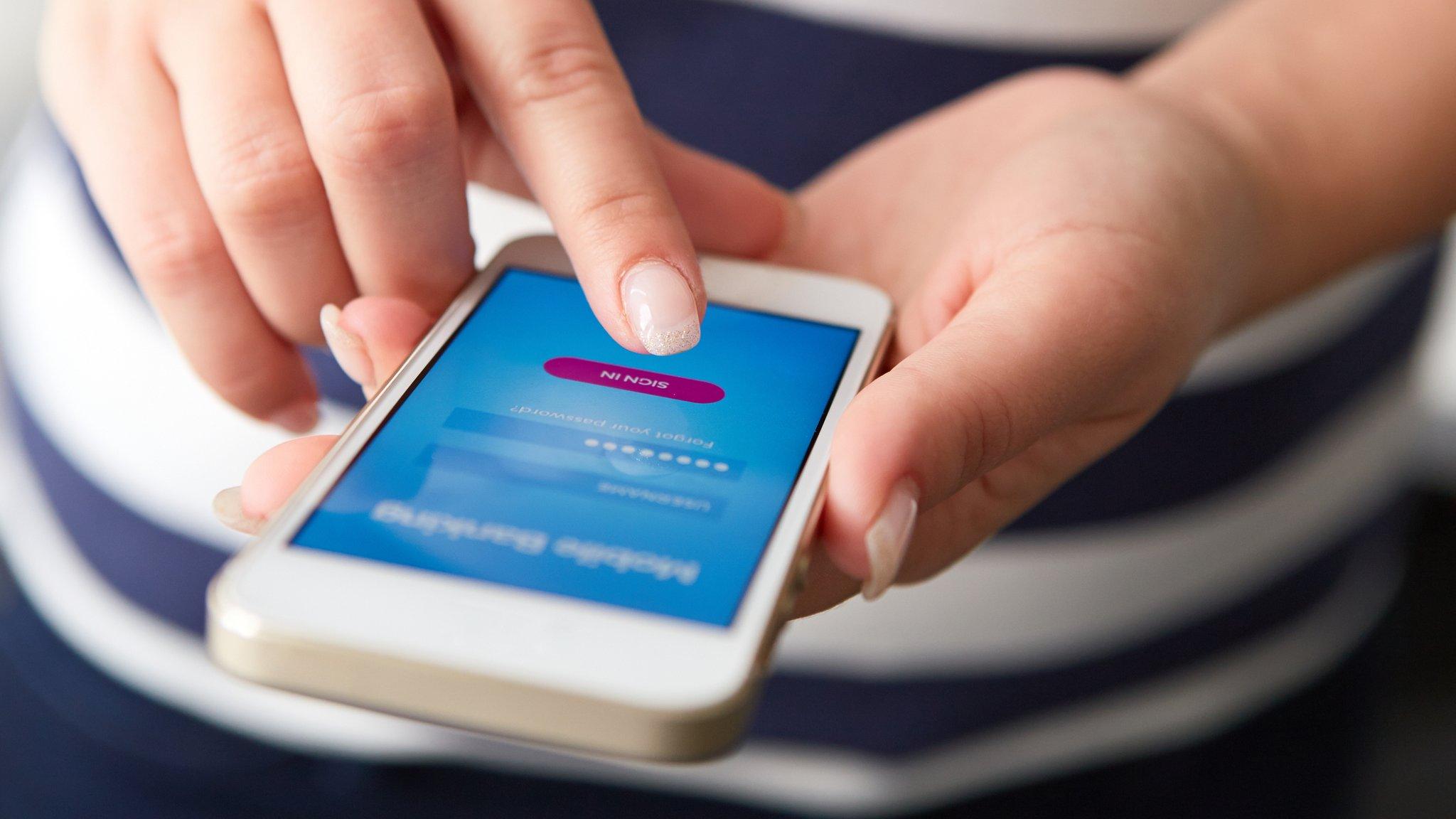Cash or no cash - where do you stand?
- Published
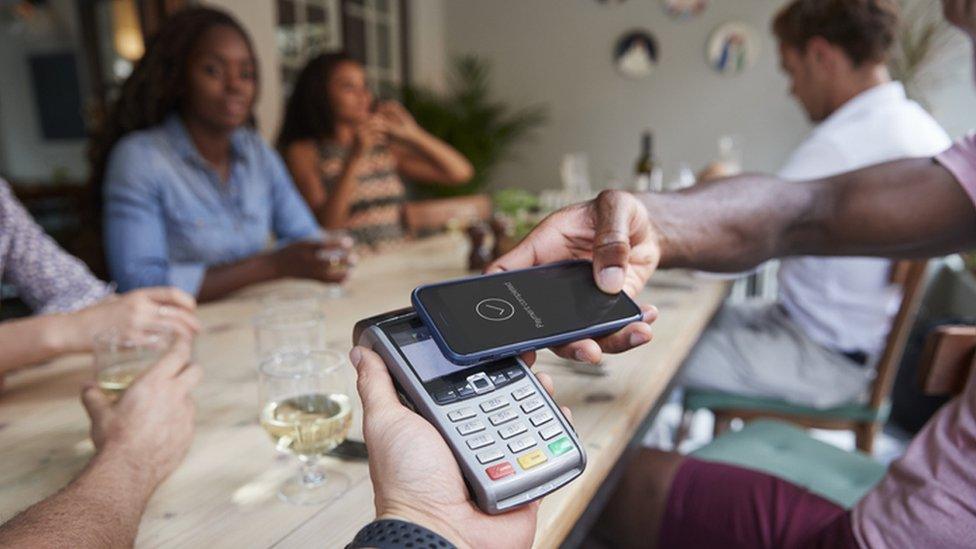
Mobile payments are growing in popularity - but may not work everywhere
Cash is at risk of disappearing without action from regulators and the government, according to a major report published earlier this week.
The system which underpins the use of notes and coins was at risk of falling apart, the Access to Cash Review concluded.
Millions of people would be lost without cash, it said, but there is a clear trend towards digital payments.
So, how would you react to the end of cash, and could you operate without it? Two of many people who contacted BBC News about the issue this week give their views.
Stolen cards - what next?
Convenience is said to be one of the biggest advantages of a digital wallet - where payments can be made without having to rifle around for the correct notes or coins.
But one Cambridge businesswoman said that the case of her stolen handbag showed how life would be more inconvenient without cash. Still concerned about security, she did not want to give her name.
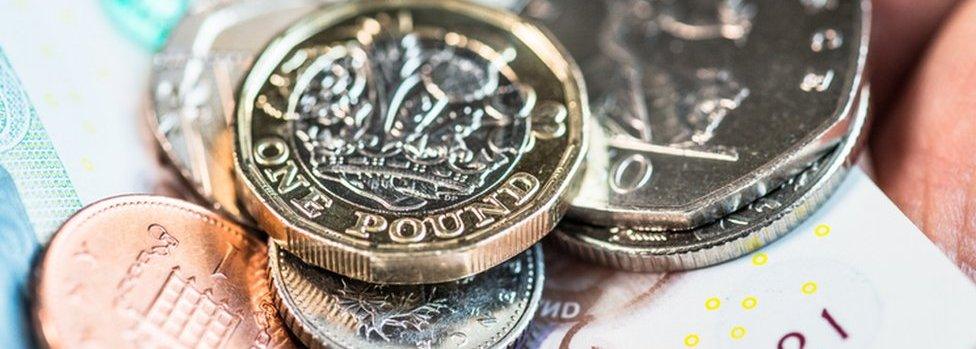
She told BBC News about how she had left her bag in the footwell of her car in a supermarket car park while she returned her trolley. In the minute she was away, a thief had smashed the window, grabbed the bag, and was running off with it. Inside the handbag was her purse, carrying her personal and company bank cards.
"In the time it took for me to block all the cards, three of them were used to make 12 purchases adding up to just under £360 using contactless transactions," she said.
That was frustrating, but the inconvenience came as it took five days to receive all the replacement cards.
She said: "Without my cards, I had to borrow some cash to tide me over until the new cards arrived. If we don't have cash what would I have done?
"Banks can't act in an instant way to replace cards. There is no replacement for cash in all circumstances."
'I haven't used cash for five months'
Travelling, lunch, and all the day-to-day payments in Matt's life mean he is conducting his finances on his smartphone, rather than in cash.
The 50-year-old, who works in financial technology, admits that he is an early and enthusiastic adopter of digital payments and money management, but says he has had no need of cash at all in the past five months.
"Someone tried to give me a £10 note the other day and I hardly knew what it was," he said.
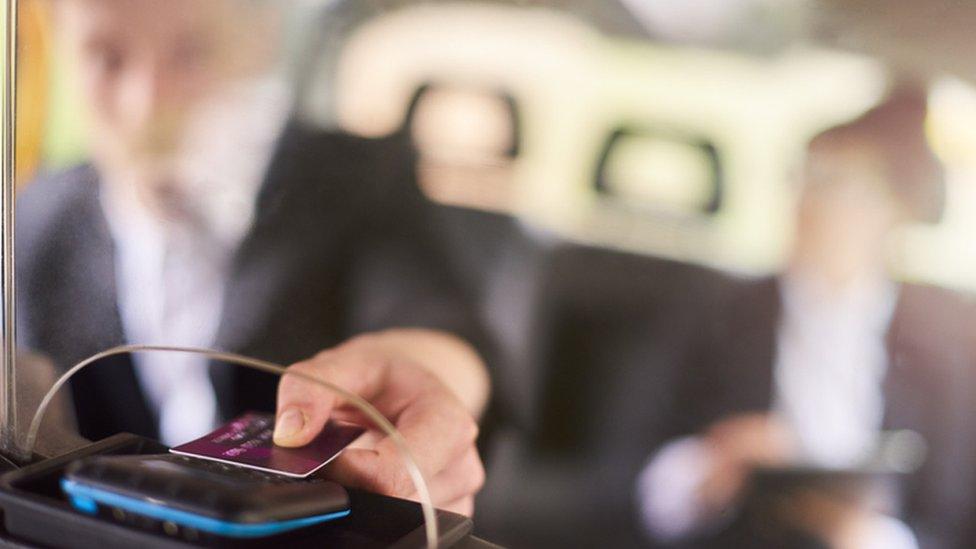
He commutes from Surrey to London and buys his rail and bus tickets digitally. The same is true of lunch and the occasional drink after work.
"Even the vending machine at work accepts contactless, so my wallet is at home," he said.
"Every now and then someone only takes cash. The last time I used it was to pay my local barber."
He accepted that cash still had a place for some people struggling with technology, and working in London made it easy to pay without cash.
However, he expected future generations to pay digitally. When his son was paid in cash, he put it straight into a bank so he could spend it via his card or phone, he said.

'Tap dogs' - how charities are adapting
Gone are the days when charity donations are just loose change thrown into a volunteer's bucket.
Fundraisers have adapted by taking card payments, and in the case of animal support charity Blue Cross it is the dogs that carry the technology.
Meet Smudge, the world's first contactless dog
A PayPal contactless card reader sits in a pocket of the "Tap Dog's" coat, accepting £2 donations via contactless technology from cards or a smartphone or watch.
"We are in an increasingly cashless society and need to be versatile in the ways people can donate to us," said Julia McKechnie-Burke, from Blue Cross.
"We love that dogs are able to directly help us raise funds as pets are at the heart of everything we do."

- Published6 March 2019
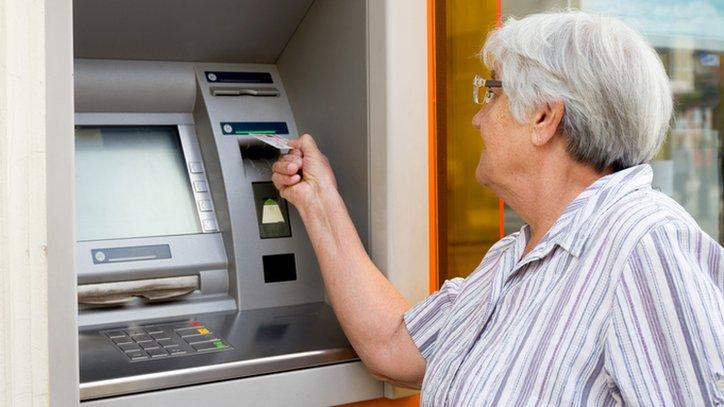
- Published18 June 2018
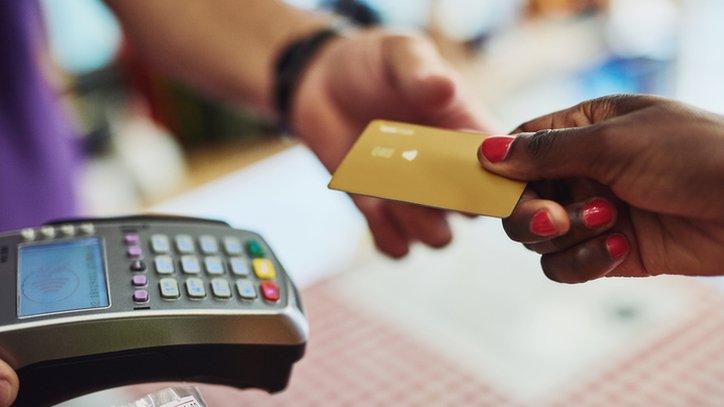
- Published16 December 2018
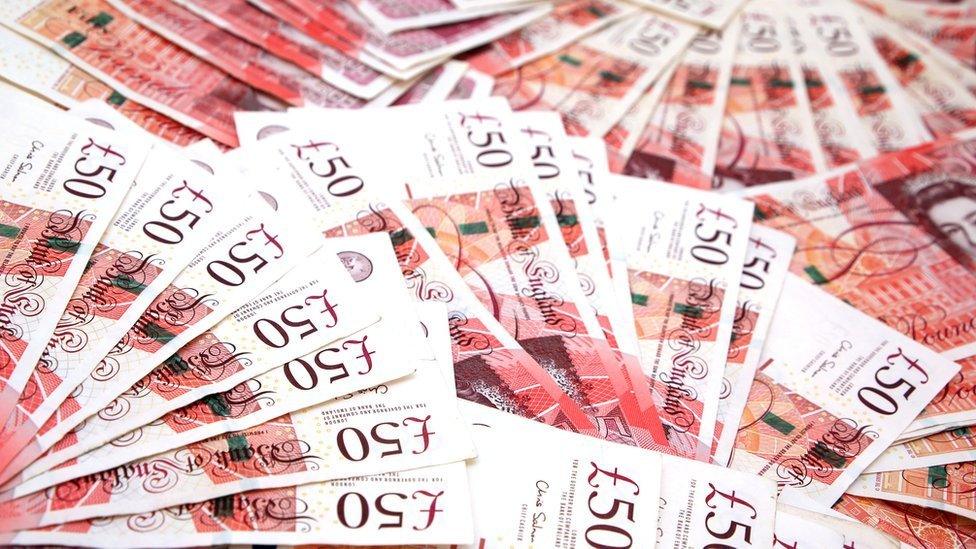
- Published5 March 2016
